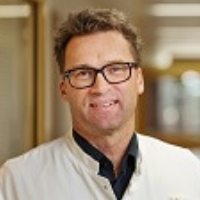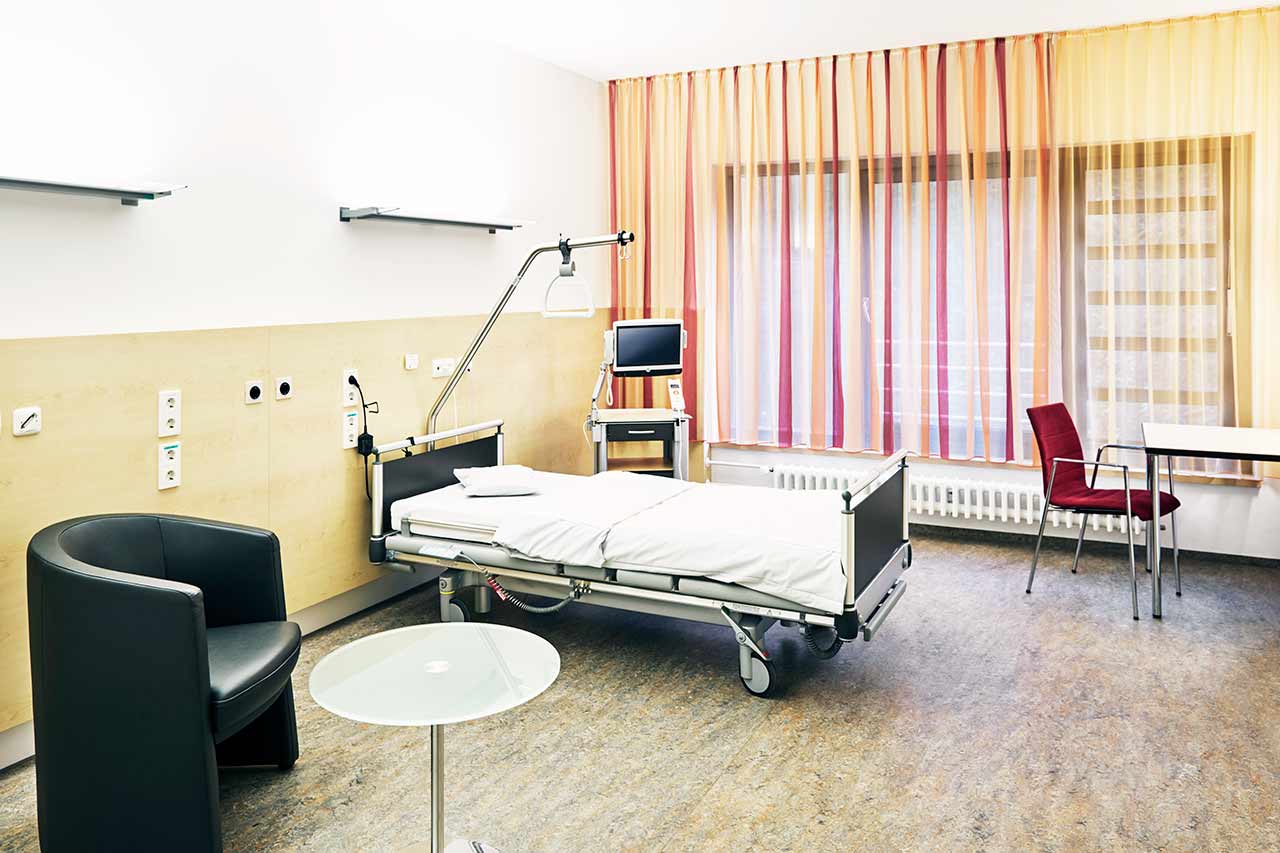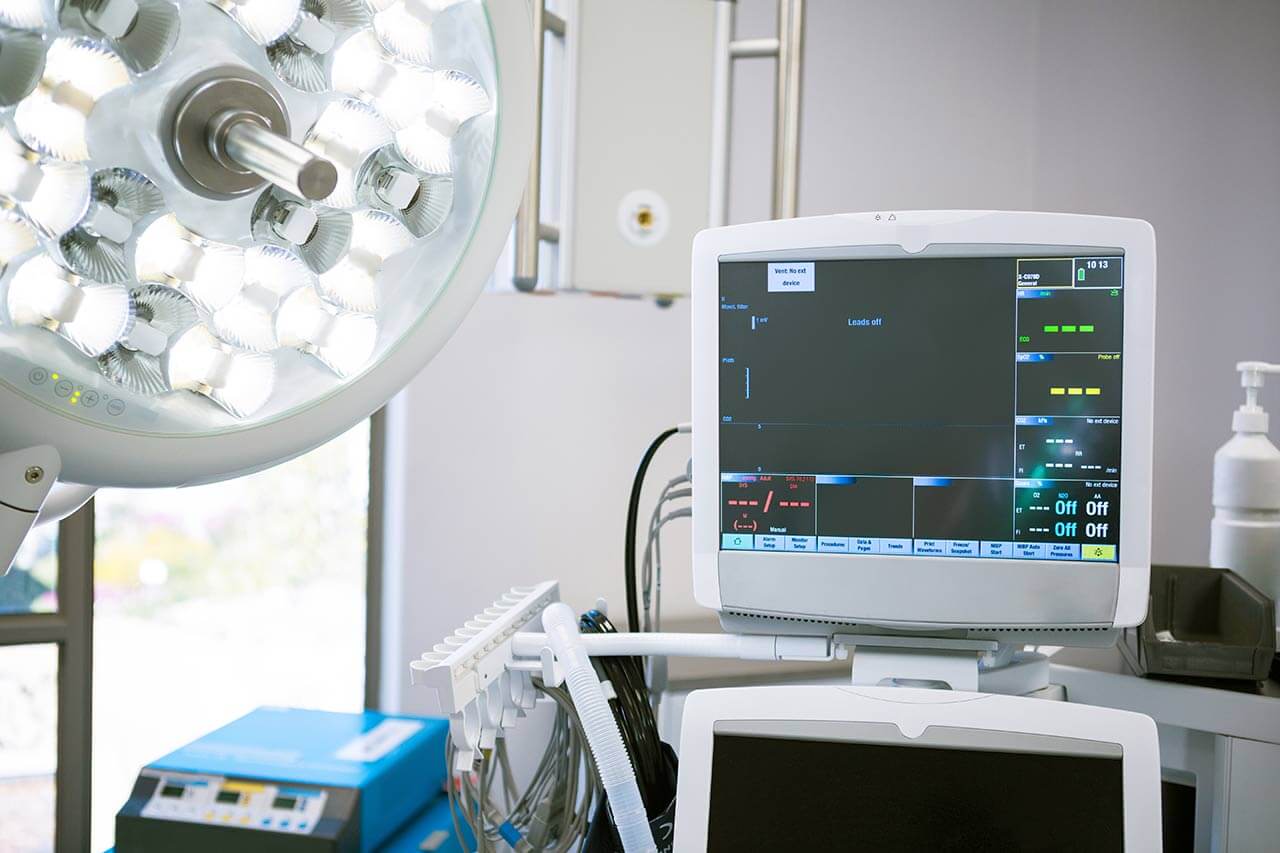
The program includes:
- Initial presentation in the clinic
- clinical history taking
- review of medical records
- physical examination
- laboratory tests:
- complete blood count
- biochemical blood test
- general urine analysis
- inflammation markers (CRP, ESR)
- blood coagulation analysis (aPTT, PT, INR)
- tumor markers
- differential blood analysis
- chest X-ray
- ultrasound of the abdomen
- CT of the neck, chest and abdomen
(if clinically indicated, additional cost is 1950 €) - biopsy of the lymphatic node or affected skin
(if clinically indicated, additional cost is 1500 €) - histological analysis of the material
(if clinically indicated, additional cost is 1000 €) - nursing services
- consultation of related specialists
- treatment by head doctor and all leading experts
- explanation of individual treatment plan
Required documents
- Medical records
- MRI/CT scan (not older than 3 months)
- Bone marrow biopsy results (if available)
Service
You may also book:
 BookingHealth Price from:
BookingHealth Price from:
About the department
The Department of Oncology and Hematology at the Hospital Oberberg Gummersbach offers the full range of medical services in its areas of competence. A highly qualified team of physicians at the medical facility provides comprehensive diagnosis and highly effective treatment of cancers of various sites as well as benign and malignant diseases of the hematopoietic system. The department is part of the Cancer Center Oberberg, which has all the necessary resources and highly qualified personnel to achieve optimal treatment results. Each clinical case is reviewed at an interdisciplinary tumor board with the participation of oncologists, hematologists, surgeons, radiation therapists, radiologists, and other doctors. The specialists jointly develop a personalized treatment regimen for the patient. Oncologists are responsible for systemic treatments such as chemotherapy, targeted therapy, hormone therapy, immunotherapy, antibody therapy, etc. The department also offers the services of qualified psychologists because cancer diagnosis often provokes depressive states. There are 30 beds available to accommodate patients in the department. Many diagnostic and therapeutic procedures are performed on an outpatient basis. The Head Physician of the department is Dr. med. Markus Sieber.
Colon cancer and lung cancer are among the most common types of malignant diseases in the department's clinical practice. Colon cancer, like many other oncological pathologies, often remains asymptomatic for an extended period of time, leading to its diagnosis at an advanced stage. If doctors suspect this malignant disease, the patient must undergo a comprehensive diagnostic examination, the results of which will allow the doctors of the department to develop an optimal treatment regimen. The main diagnostic method for suspected colon cancer is a colonoscopy, which allows a specialist to visually assess the condition of the inner surface of the intestine. If necessary, suspicious areas of the intestine can be removed for histological examination during a colonoscopy. The patient also undergoes a series of laboratory tests, such as blood tests, including tumor markers, urine tests, and stool tests. An integral part of the diagnostic process is the performance of imaging tests, such as ultrasound, CT, and MRI scans. These methods allow the size of the tumor and the spread of the cancer process to be assessed. The first-line treatment for colon cancer is usually surgery, which is performed by abdominal surgeons. In the early stages, the tumor can be removed using endoscopic techniques. Chemotherapy is an important part of the treatment regimen. Depending on individual clinical indications, radiation therapy, targeted therapy, and/or immunotherapy may also be used.
Patients with lung cancer are also the focus of the department's team of oncologists. A malignant tumor in the lung is difficult to suspect at an early stage because of the absence of symptoms. The first diagnostic stage is an X-ray. If clinically indicated, CT, MRI, and/or PET/CT scans are also performed. When diagnosing lung cancer, doctors may also perform a bronchoscopy (endoscopic examination). In some cases, a mediastinoscopy and/or a thoracoscopy may be needed. An integral part of the diagnostic process is a biopsy followed by histological examination. As for the treatment, the main method is surgery, the extent of which depends on the stage of the cancer and the individual clinical data of the patient. The surgical procedure is complemented by conservative methods such as chemotherapy, radiation therapy, targeted therapy, and immunotherapy.
Patients with esophageal, stomach, pancreatic, breast, prostate, testicular, kidney, bladder, and ovarian cancers also often seek medical help from the department. The specialists at the medical facility have extensive experience in providing medical care to patients with primary peritoneal cancer and cancer of unknown primary. A treatment regimen for each patient is developed jointly by oncologists, surgeons, and radiation therapists. The department's oncologists are responsible for conducting neoadjuvant and adjuvant systemic therapy and providing palliative care to patients with end-stage cancer to relieve pain and improve quality of life.
The department's team of hematologists specializes in the treatment of malignant diseases of the hematopoietic system. The doctors most commonly deal with the treatment of lymphomas (non-Hodgkin lymphomas and Hodgkin lymphomas), multiple myeloma, and acute and chronic leukemia. The medical facility also regularly treats patients with myeloproliferative disorders, including chronic myelogenous leukemia and myelodysplastic syndrome. It is worth noting that the department has an in-house specialized laboratory for testing bone marrow samples. This diagnostic test is the most informative for suspected blood cancer. Chemotherapy is an effective treatment for hematological malignancies. The department's specialists develop an individual chemotherapy treatment regimen for each patient based on the recommendations of the German Society for Hematology and Medical Oncology (DGHO), the American Society of Clinical Oncology (ASCO), and the American Society of Hematology (ASH). The last-line treatment is a bone marrow transplant. This therapeutic procedure is not performed in the department, but the doctors work closely with the respective departments at the University Hospital Cologne, the University Hospital Bonn, and the University Hospital Essen, which have many years of experience in the field of bone marrow transplantation.
The department also provides treatment to patients with benign blood diseases, such as congenital and acquired bleeding disorders (hemorrhagic diathesis and thromboembolic diseases), anemia, and immunodeficiencies. The doctors at the medical facility carry out infusion therapy with concentrates of red blood cells and platelets and also administer immunoglobulins intravenously to treat the above-mentioned diseases. Benign blood disorders are usually treated on an outpatient basis.
The department's key clinical focuses include the following:
- Oncology
- Diagnostics and treatment of colon cancer
- Diagnostics and treatment of lung cancer
- Diagnostics and treatment of esophageal cancer
- Diagnostics and treatment of stomach cancer
- Diagnostics and treatment of prostate cancer
- Diagnostics and treatment of testicular cancer
- Diagnostics and treatment of bladder cancer
- Diagnostics and treatment of kidney cancer
- Diagnostics and treatment of primary peritoneal cancer
- Diagnostics and treatment of breast cancer
- Diagnostics and treatment of ovarian cancer
- Diagnostics and treatment of uterine and cervical cancer
- Diagnostics and treatment of vulvar cancer
- Diagnostics and treatment of cancer of unknown primary
- Hematology
- Diagnostics and treatment of malignant hematologic diseases
- Diagnostics and treatment of malignant lymphomas: non-Hodgkin lymphomas and Hodgkin lymphoma
- Diagnostics and treatment of acute and chronic leukemias
- Diagnostics and treatment of multiple myeloma
- Diagnostics and treatment of myeloproliferative disorders, including chronic myelogenous leukemia and myelodysplastic syndrome
- Diagnostics and treatment of benign hematologic diseases
- Diagnostics and treatment of congenital and acquired coagulation disorders: hemorrhagic diathesis and thromboembolic disorders
- Diagnostics and treatment of anemias
- Diagnosis and treatment of congenital and acquired immunodeficiency disorders
- Diagnostics and treatment of malignant hematologic diseases
- Diagnostics and treatment of other oncologic and hematologic pathologies
The department's range of therapeutic services includes the following:
- Chemotherapy: adjuvant and neoadjuvant
- Targeted therapy
- Hormone therapy
- Immunotherapy
- Radiation therapy (in collaboration with radiation therapists)
- Palliative care for patients with advanced cancer
- Transfusions of platelet and red blood cell concentrates, as well as immunoglobulin injections for benign diseases of the hematopoietic system
- Other treatment methods
Curriculum vitae
Dr. med. Markus Sieber has been the Head Physician of the Department of Oncology and Hematology at the Hospital Oberberg Gummersbach since 2005. From 2003 to 2005, Dr. Sieber led the oncology outpatient clinic at the Department of Internal Medicine with great success. Prior to this, the specialist held the position of Senior Physician in the Department of Oncology at the University Hospital Cologne, where he specialized in the treatment of lymphomas, leukemia, and other types of cancer. Dr. Sieber worked under the guidance of the world-famous oncologist, Prof. Volker Diehl.
As Head Physician in the Department of Oncology and Hematology at the Hospital Oberberg Gummersbach, he specializes in the treatment of cancer of the hematopoietic system as well as in medical care for patients with lung, colon, and pancreatic tumors.
Photo of the doctor: (c) Klinikum Oberberg GmbH
About hospital
The Hospital Oberberg Gummersbach is a medical complex that offers its patients top-class personalized care. The hospital was founded in 1985. Since then, it has earned an excellent reputation in the German medical arena and has gained vast experience in the provision of medical care to foreign patients. The Hospital Oberberg Gummersbach is an academic hospital of the University of Cologne, thanks to which doctors and professors at the medical center have the opportunity to participate in promising research projects of national and international significance. The hospital has 536 beds for patient stays. The medical team consists of more than 1,400 employees. Their main focus is always on the patients and their individual needs and wishes.
The hospital has 13 departments and 7 highly specialized centers. The hospital offers various fields of modern medicine, including general and abdominal surgery, thoracic surgery, oncology, hematology, gastroenterology, nephrology, neurology, orthopedics, traumatology, gynecology, mammology, radiation oncology, otolaryngology, and others. Diagnostic and treatment facilities, as well as operating rooms at the hospital, have state-of-the-art medical equipment, including devices for imaging tests, navigation systems, equipment for endoscopic and minimally invasive interventions, and laser technologies.
Highly qualified doctors and competent nursing staff work with patients. The specialists take care of patients' health around the clock, and they are always open to personal communication and ready to provide support. The primary goal of every employee at the medical facility is to provide accurate diagnostics and the most effective treatment. At the same time, important attention is also paid to the humane and respectful attitude towards patients.
The hospital has a strict quality control system: in 2003, the medical facility was certified according to KTQ requirements, and since 2014, it has been certified according to DIN EN ISO 9001:2008 standards. The Breast Center, the Colon Center, the Oberberg Cancer Center, the Arthroplasty Center, the Stroke Unit, and many other structures of the medical facilities have been certified. Patients can thus be assured of receiving high-quality medical care using the very latest technologies.
Photo: (с) depositphotos
Accommodation in hospital
Patients rooms
The patients of the Hospital Gummersbach Oberberg stay in comfortable rooms designed in light colors. The patient rooms include an automatically adjustable bed, a bedside table with a pull-out tray, a wardrobe, a table and chairs for receiving visitors, and a TV. The hospital has access to Wi-Fi. Each patient room has an ensuite bathroom with a shower and a toilet.
The hospital also offers enhanced-comfort rooms. These patient rooms have a refrigerator, a safe, and upholstered furniture. The bathroom includes a hairdryer, a bathrobe, toiletries, and towels.
Meals and Menus
The patient and the accompanying person are offered a daily choice of three menus. If, for some reason, you do not eat all the foods, you will be offered an individual menu. Please inform the medical staff of your food preferences prior to treatment.
Further details
Standard rooms include:
Accompanying person
The accompanying person may stay with you in the patient room or at the hotel of your choice during the inpatient program.
Hotel
You may stay at the hotel of your choice during the outpatient program. Our manager will help you choose the best option.





